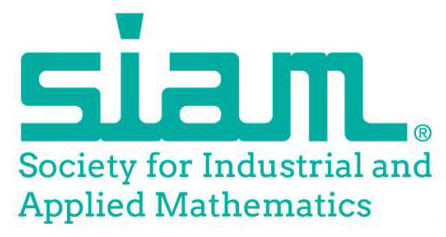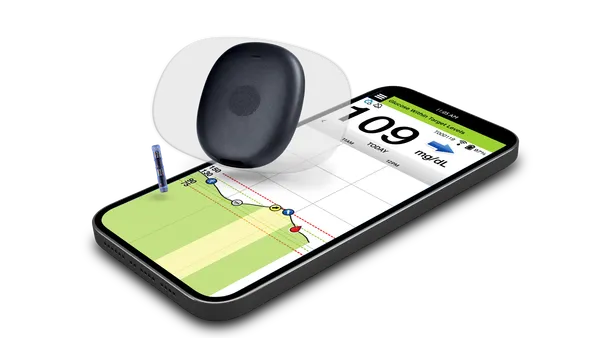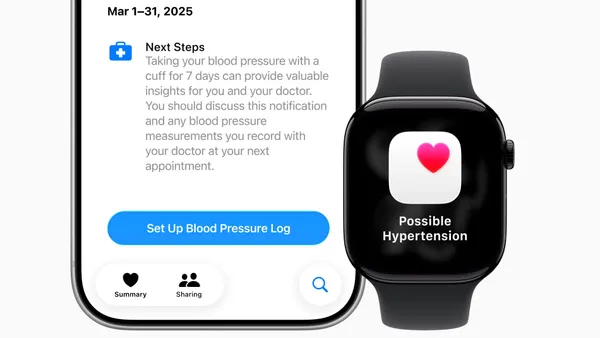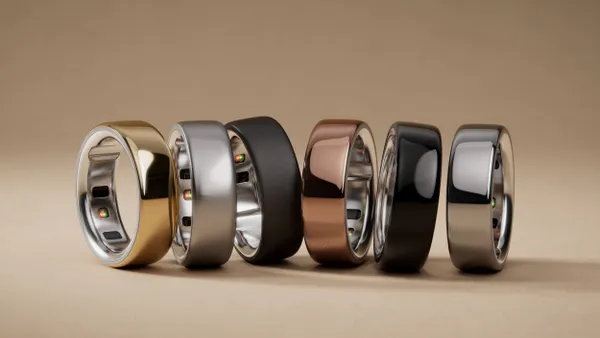Dive Brief:
- A Chicago area health devices company said Thursday it would begin pre-sales of an FDA-cleared blood pressure monitor that can be worn on the wrist, the latest example of a medical device that has been adapted to smart watch format.
- FDA granted 510(k) clearance in November to Omron Healthcare's HeartGuide, a digital wrist watch designed to take oscillometric measurement, the same method used in medical-grade blood pressure monitors. Omron said that a cuff in the watch band inflates to capture systolic and diastolic pressure.
- Marketing of the blood pressure-tracking product rounds out a year that also included the debut of wearable electrocardiogram and atrial fibrillation detection capabilities, all of which target a U.S. market at high risk for heart attack, heart disease and stroke.
Dive Insight:
Unlike wearables competitors like Apple and Fitbit, Omron is a medical device company first and a trendy consumer electronics company second. Omron's more common blood pressure monitors are sold at pharmacies and big box retailers.The company said that in developing HeartGuide, it submitted more than 80 new patents for various components.
While HeartGuide is currently priced at a steep $499, market potential is still massive. CDC says that 75 million Americans, or one in three U.S. adults, have high blood pressure, which elevates risk of heart disease and stroke, both among the five leading causes of death in the U.S. An additional one in three U.S. adults has prehypertension.
Come January, the watch can be connected to a proprietary mobile app that translates what blood pressure readings mean for users and provides "personalized insights." Omron also announced last week that its existing app for its other blood pressure devices can be connected to Amazon's Alexa, with the AI tool reading back those blood pressure measurements and insights.
Another competitor in the wearables space, Garmin, announced a partnership last week with patient activity and sleep monitoring company ActiGraph to advance the use of wearables for clinical trials and academic research.
Broadly, the global wearable fitness trackers market could reach $48.2 billion by 2023, based on early 2018 estimates by P&S Market Research.












